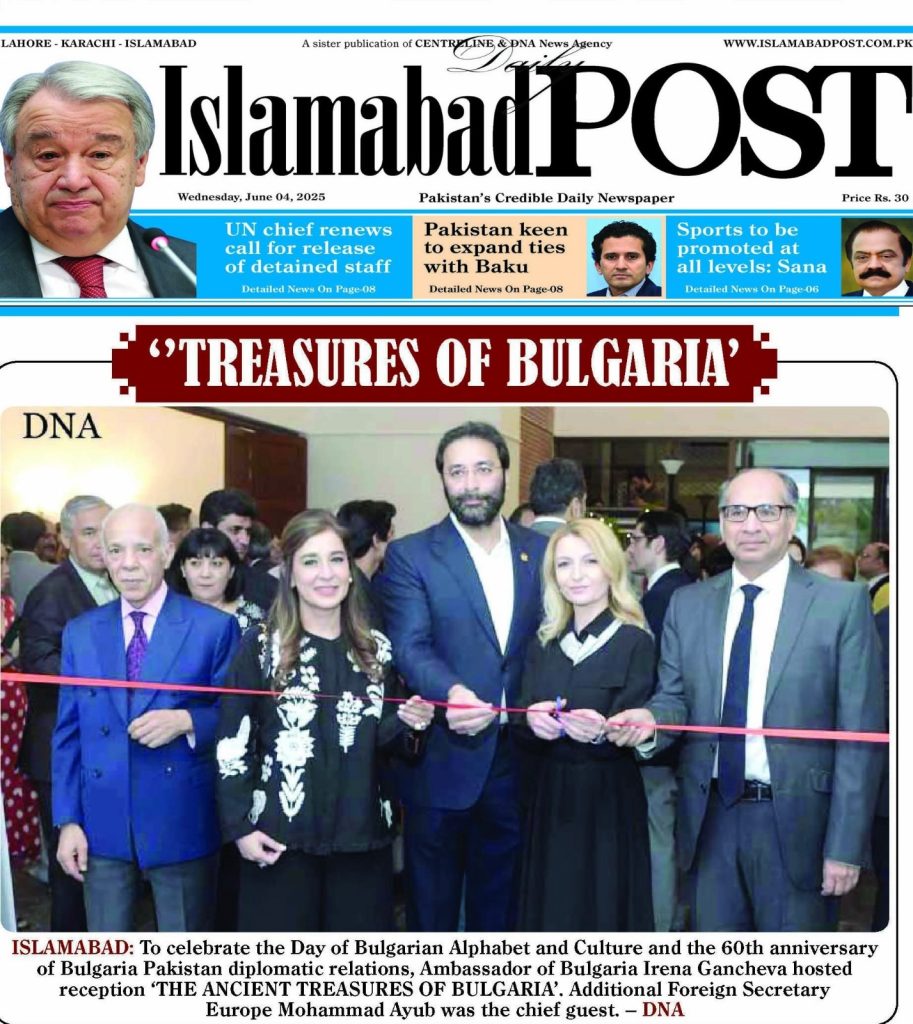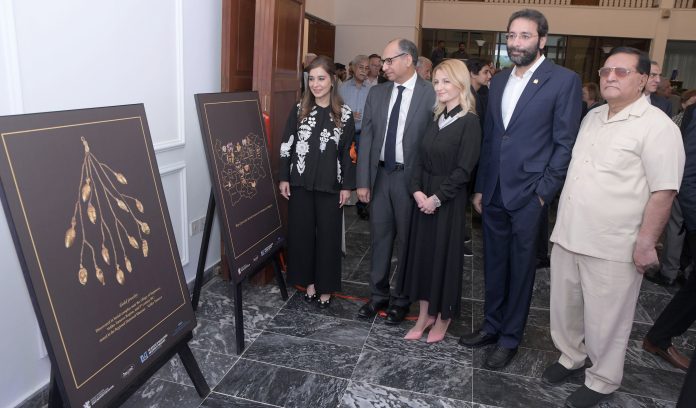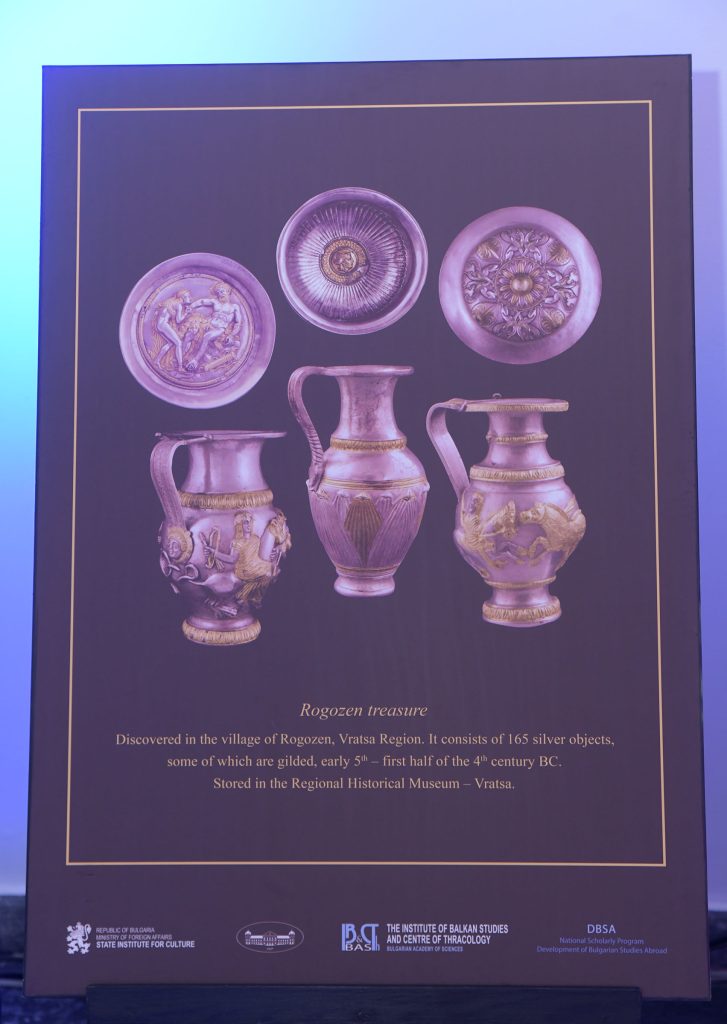
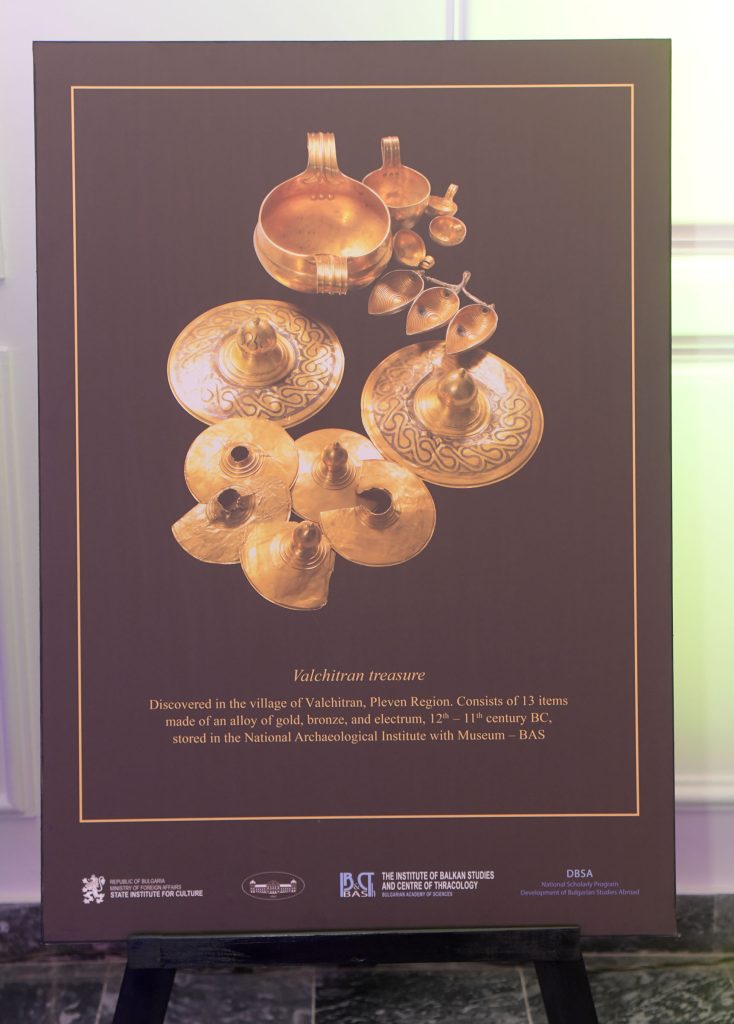
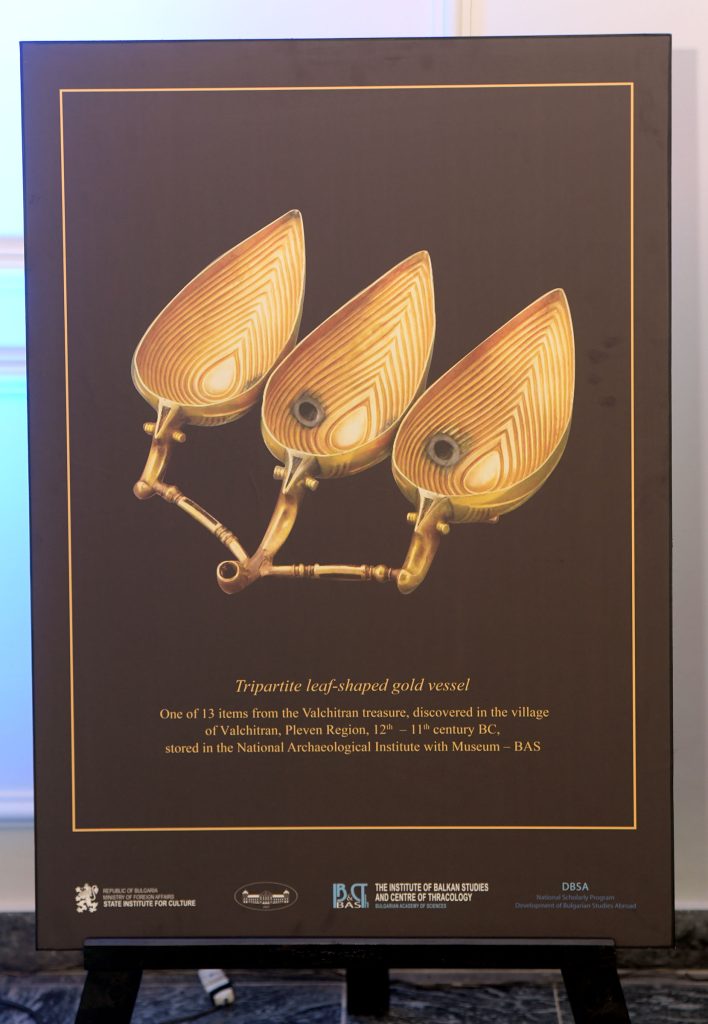
Ansar M Bhatti
Islamabad, June 3: The Embassy of Bulgaria in Islamabad hosted a vibrant reception titled “The Ancient Treasures of Bulgaria” to mark the Day of the Bulgarian Alphabet and Culture, as well as the 60th anniversary of Bulgaria-Pakistan diplomatic relations. The event brought together diplomats, officials, scholars, and cultural enthusiasts for an evening of celebration and cultural exchange.
Ambassador of Bulgaria, H.E. Irena Gancheva, welcomed the guests and highlighted the strong and friendly ties between Bulgaria and Pakistan, forged over six decades of cooperation and mutual respect. She emphasized the importance of cultural diplomacy in deepening people-to-people connections and enhancing bilateral relations.
The chief guest, Additional Foreign Secretary for Europe, Mohammad Ayub, congratulated Bulgaria on its national cultural day and appreciated the embassy’s efforts to promote cultural understanding. He noted the historical depth of both nations and expressed hope for continued collaboration in education, culture, and trade.
A key highlight of the evening was a special exhibition, “The Ancient Treasures of Bulgaria,” showcasing Bulgaria’s rich archaeological and cultural heritage. The exhibition was introduced by a visiting Bulgarian assistant professor, who offered insightful commentary on the artifacts and historical narratives. She noted the striking similarities between Bulgarian and Pakistani heritage — particularly in traditional crafts, folk music, and community values.
Ambassador Gancheva proudly emphasized Bulgaria’s role as the birthplace of the Cyrillic script, one of the world’s most influential writing systems, used by millions across Eastern Europe and Central Asia. “The Cyrillic alphabet is one of our major contributions to the European Union,” she noted. “It would not be an exaggeration to say that Bulgaria is perhaps the only country in the world, or among the very few, that celebrates its alphabet and culture in such a dedicated manner.”
For Bulgaria, the alphabet is more than just a system of writing—it is a core component of national identity. Ambassador Gancheva explained that the Bulgarian script has been instrumental in preserving the nation’s literature, history, and cultural legacy throughout the centuries. “The Bulgarian alphabet is the main factor for the preservation of our identity,” she said. “It has protected our cultural spirit and literary tradition across generations.”
The occasion was made even more meaningful as it coincided with the 60th anniversary of the establishment of diplomatic relations between Bulgaria and Pakistan. Ambassador Gancheva reflected on the strong bonds of traditional friendship and mutual understanding that have developed over the decades. While the diplomatic relationship was officially established 60 years ago, she highlighted that the two countries have been connected for over six decades through shared values and cooperation.
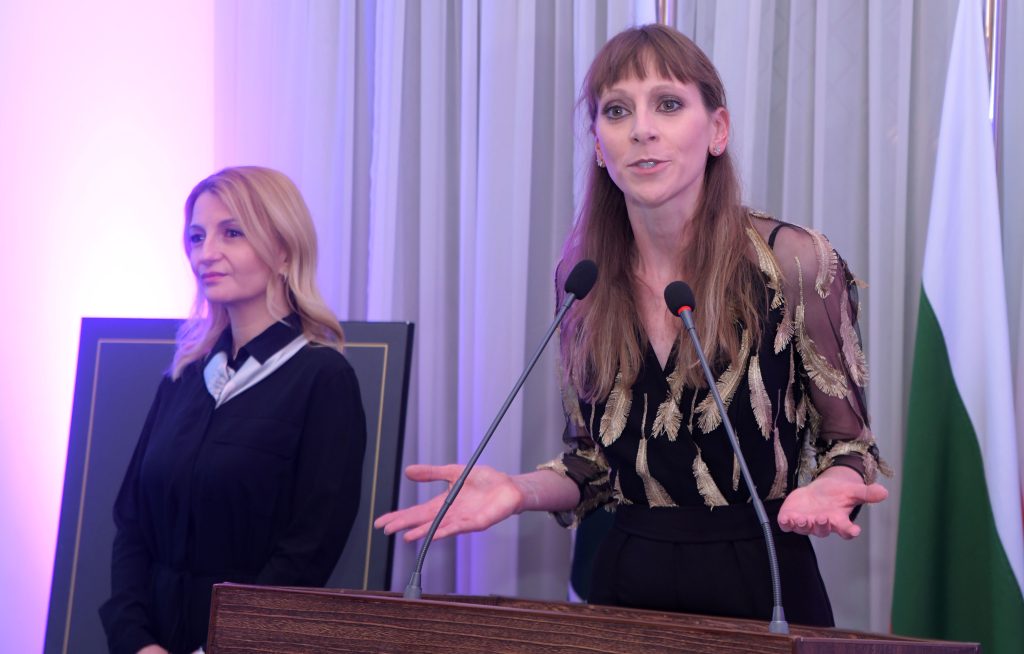
Looking to the future, the ambassador expressed Bulgaria’s continued commitment to strengthening bilateral ties with Pakistan. “We remain committed to further developing political dialogue, people-to-people contacts, trade and economic cooperation, as well as fostering partnerships in science, education, and culture,” she said. She expressed hope that with joint efforts, both nations will continue to see positive developments in their relations, to the benefit of their peoples.
Ambassador underscored the symbolic and practical importance of celebrating these two occasions—a national cultural day and an anniversary of diplomatic friendship—with a cultural event. Culture, she noted, is a powerful diplomatic tool, capable of bridging gaps and building empathy among people from different backgrounds. “It is not by chance that we decided to celebrate with a cultural event,” she explained. “Culture has an important role to play in connecting people, fostering understanding, and conveying messages of unity, especially in today’s world.”
In an era marked by global crises and complex challenges, the ambassador highlighted that the role of culture in diplomacy is more important than ever. Culture allows people to identify shared values and challenges, helping to build bridges between continents, countries, and communities. “Culture creates a spirit of togetherness despite our differences,” she said. “It speaks the universal language of humanity.”
Before concluding her remarks, Ambassador Gancheva expressed heartfelt gratitude to all those who contributed to the success of the event. Though she chose not to name individuals, she acknowledged their hard work and dedication in organizing cultural events not only in Islamabad but also in Lahore. She extended her thanks to the audience for their presence and engagement.
